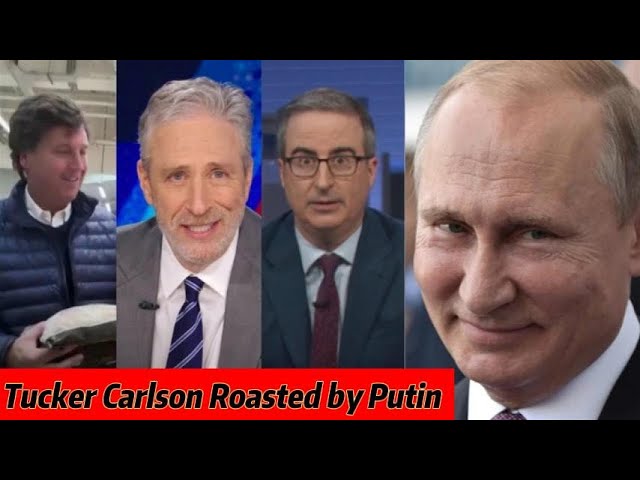Advertisements
The United States’ Dilemma: Balancing Opposition to Putin with Diplomacy

In the wake of the long-running imprisonment of Russian opposition leader Alexey Navalny, the United States finds itself embroiled in a contentious debate over how to confront Vladimir Putin’s regime. The recent spotlight falls on House Republicans’ efforts to limit or halt aid to anti-Putin movements, juxtaposed with prominent figures like Tucker Carlson openly praising Putin.
House Republicans vs. Putin Critics: A Divisive Standoff
House Republicans have taken a stance against continued support for anti-Putin efforts, prompting a heated debate within Congress. On one side, critics argue for tough sanctions and continued aid to counter Putin’s aggressive tactics. On the other, voices like Carlson’s advocate for a more conciliatory approach, drawing criticism for what some perceive as tacit endorsement of Putin’s regime.
Tucker Carlson’s Controversial Interview: A Flashpoint in the Debate
Carlson’s recent interview with Vladimir Putin has ignited a firestorm of controversy, with critics accusing him of providing a platform for Putin’s propaganda. While President Biden has pursued a policy of tough sanctions in response to Navalny’s imprisonment and other provocations, Carlson’s sympathetic portrayal of Putin has raised eyebrows.
Advertisements
Criticism and Ridicule: Jon Stewart and John Oliver Weigh In
The fallout from Carlson’s interview has extended beyond political circles, with comedians Jon Stewart and John Oliver offering scathing critiques. Stewart’s recent roast of Carlson on “The Daily Show” highlights the absurdity of the interview, while Oliver’s mockery underscores the implications of cozying up to authoritarian regimes.
The Larger Context: Republicans’ Alignment and Bipartisan Pushback
While some Republicans align with Carlson’s sentiments, there remains bipartisan support for measures to counter Putin’s aggression, particularly in the Senate. However, divisions persist within the GOP, with more extreme factions in the House obstructing bipartisan efforts.
Conclusion: Navigating the Complex Landscape of U.S.-Russia Relations
As the debate rages on, the United States grapples with the challenge of confronting Putin’s regime while maintaining diplomatic channels. The clash over how to address Putin’s autocratic rule underscores the complexities of international relations and the need for strategic decision-making in safeguarding democratic values.

